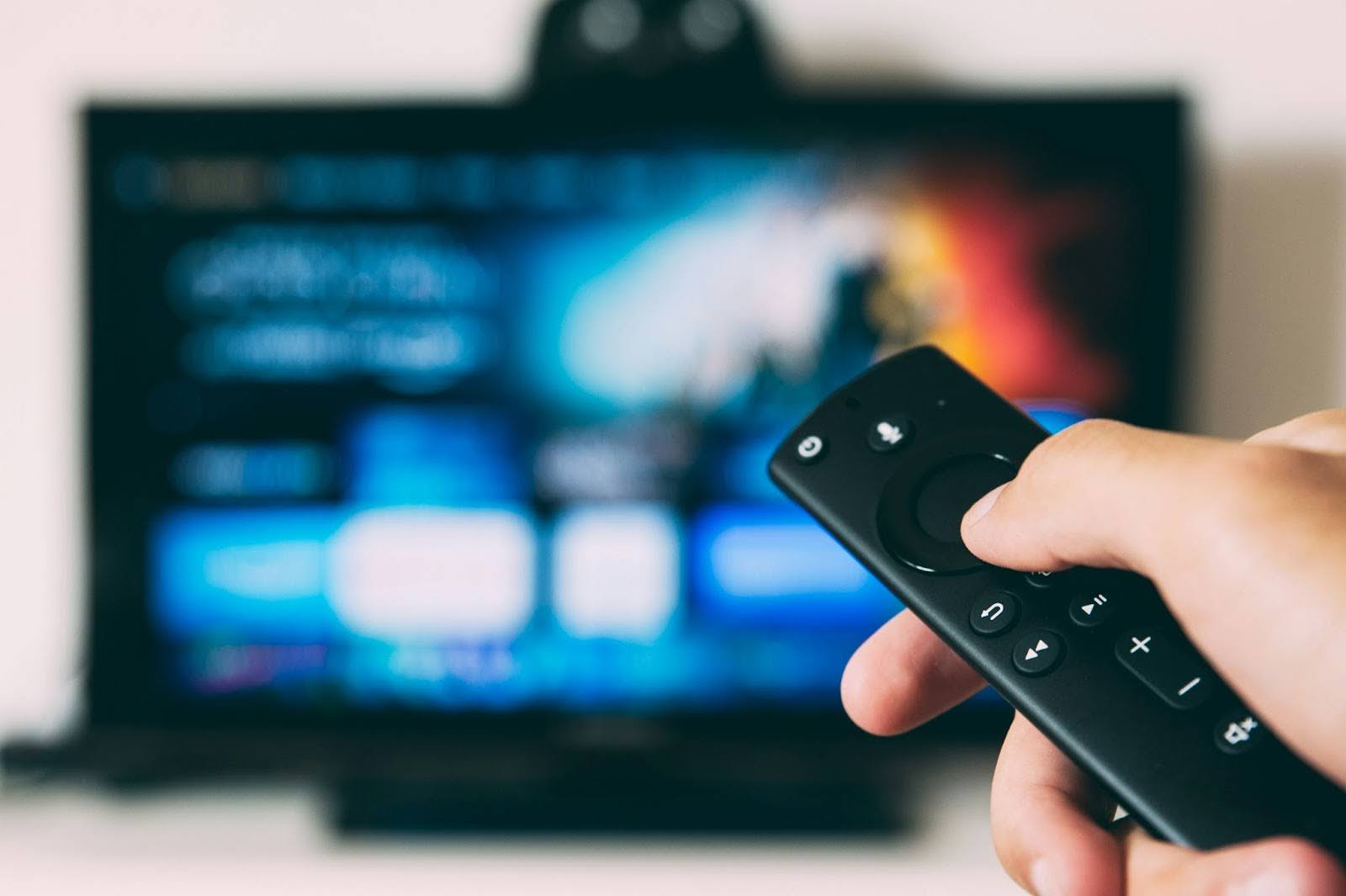
Content warning: Discussions of sexual assault, disordered eating, self harm, and addiction.
Back in 2008, a group of young Disney stars represented what was intended to be a new model of fame.
While the cliche of child stars was that they are quickly corrupted — drawn into the dark side of the entertainment industry, with exposure sex and drugs from a young age — these young singers and actors were supposed to be different.
They were going to hold onto their innocence as long as they could. They had made pledges.
The Jonas Brothers, Miley Cyrus, Selena Gomez, and Demi Lovato all wore “purity rings” symbolizing their commitment to remain chaste until marriage. They were public and vocal about it. And that squeaky clean image of good Christian kids worked well with Disney’s wholesome brand.
My Life Inside The Purity Movement | TRULYwww.youtube.com
At that time, the Christian purity movement and the concept of purity rings were reaching a peak in the US. Pushing back against a culture in which premarital sex was increasingly accepted and expected, Christian parents were drawn to the “True Love Waits” rhetoric encouraging teenage boys and girls to wear a symbol of their pledge to abstain from sex until marriage.
At the MTV music awards that year, Russell Brand made an admittedly tasteless joke about the concept, comparing the young Jonas Brothers’ abstinence to Superman choosing to take the bus. It was a jab that prompted American Idol winner Jordin Sparks — with a purity ring of her own — to respond, saying “not every guy and a girl wants to be a sl*t, OK?”
While the symbolism of purity rings is often held up as an affirmation of a personal religious worldview that holds up sexual intimacy as a special, holy sacrament reserved for (straight) married couples, the way it functions often has more to do with this attitude — with shaming promiscuity. And how did those pledges work out for the young stars who made them?
Kevin Jonas, who married his wife Danielle in 2009, reported to People that the couple had remained abstinent for two years of dating, then rushed through the engagement process, saying, “we’d have gone crazy waiting any longer.” So that’s one successful purity pledge. As for his brothers, their fellow Disney stars, and Jordin Sparks… not so much.
They grew up. They realized that the pledge was naive. It represented values that were pushed on them by their parents, by church communities, and by the business built around their wholesome images.
In the end, those pledges didn’t make room for how they wanted to approach life and romance. But while many teens who make purity pledges are lucky enough to slowly develop a more nuanced approach to sexuality as they grow up — even Miley Cyrus’s tongue-out, white-girl-twerking phase can be seen as a healthy part of that process — not everyone was so lucky.
Dancing with the Devil
As part of the forthcoming tell-all YouTube docuseries, Demi Lovato: Dancing with the Devil, the 28-year-old “Sorry, Not Sorry” singer has shared new details of her struggle with addiction and mental health. Among them, the revelation that her first experience of sex was being raped by a co-star when she was 15.
Demi Lovato: Dancing with the Devil | Official Trailerwww.youtube.com
“We were hooking up but I said, ‘Hey, this is not going any farther, I’m a virgin and I don’t want to lose it this way.’ And that didn’t matter to them, they did it anyways. And I internalized it and I told myself it was my fault because I still went in the room with him, I still hooked up with him. I was a part of that Disney crowd that publicly said they were waiting till marriage.“
This is the other side of a “purity” pledge. It contains the implicit idea that sex makes a person impure — that the experience leaves a mark that doesn’t go away.
Now you’re secondhand chewing gum. It doesn’t matter if you never consented. There’s more than enough victim-blaming discourse in our culture that the virtually universal and irresistible teenage drive to make out with other teenagers is enough to deserve blame.
In the aftermath of being raped, Lovato felt too much shame about losing that sense of purity to speak openly about what happened. She continued to wear a ring and a necklace etched with the naively noble motto “True Love Waits,” and wrestled with the feeling that she had somehow betrayed that message. She also had to keep working with her rapist…
To cope with the trauma, she resorted to the same kind of self harm that far too many teenagers rely on for a sense of control. She stopped eating, and started cutting herself. Soon she was binging and purging until she was throwing up blood.
In 2009, she saw the way people found excuses to blame Rihanna for Chris Brown’s abuse, and that gave her more reason to stay silent. Even when she did tell someone what had happened, her rapist — who has not yet been identified — faced no consequences.
As she put it, “My MeToo story is me telling somebody that someone did this to me, and they never got in trouble for it. They never got taken out of the movie they were in.”
Lasting Trauma
She has since been able to joke about that purity ring, and has come to terms with the “stigma around women having casual sex,” expressing her adult perspective as, “it’s my body, it’s my choice, it’s exciting, it’s a connection with somebody and it’s fun.” But how much did that early trauma and shame influence the trajectory of her life?
In addition to self harm and disordered eating, Lovato has talked about how she leaned on chemical abuse to help her cope: “I’m not going to lie, I was self-medicating. I was doing things like drinking and using, like a lot of teens do to numb their pain.”
Demi Lovato – Unbroken (Official Video)www.youtube.com
It’s a self-destructive pattern that she carried on into an adulthood marred by addiction. But how much of that desire for numbness was connected with shame she’d taken on from someone else’s crime? How much of that pain was she taught to inflict on herself because she didn’t live up to the image she’d been sold of a chaste, repressed, Christian girl?
At “purity balls” around the world, daughters make their pledges and don their “True Love Waits” rings, and fathers take possession of keys that open gifted lockets — keys to be guarded; handed over to future husbands only after wedding vows. Then fathers and daughters dance together, modelling a “proper date.”
Even if we can look past the creepiness of adult men taking their adolescent daughters on pretend dates, we’re left with some deeply troubling imagery. A woman’s body, in this framing, isn’t really hers to control.
A father is meant to defend his daughter’s precious virginity until another man has proven himself worthy of having her. Then the key is handed over — like her husband has just bought a car.
The concept of treating women like property whose value is in their “innocence” — the way that car loses its value once it’s been driven off the lot — is not unique to the purity movement. Nor is the idea of treating the husband-wife relationship as an extension of the father-daughter bond.
The purity movement just exemplifies the dysfunction of these old, patriarchal modes of thought. Dressing up that heteronormative misogyny in bible verses and calling it “wholesome” only serve to amplify the damage it can do.
It must have been so much harder for Lovato to process that first, horrifying experience of sex when compounded by the idea that she had somehow broken a promise to God and to her parents. Add to that the challenge of recognizing your same-sex attraction while “saving yourself” for some imaginary future husband. It’s enough to make anyone seek a little numbness.
“Going for it Fearlessly”
Fortunately, Demi Lovato has managed to work through a lot of that baggage. In 2017 she came out to her parents, and now says that she is “too queer to marry a man in my life right now,” and describes her forthcoming album, Dancing with the Devil… the Art of Starting Over as “embracing my queer self. Going for it fearlessly.”
She has also developed a healthier, more personal relationship with her Christianity. In 2019, after recovering from her traumatic 2018 overdose — when she was once again raped, this time by the man who sold her tainted drugs — she took a trip to Israel, and was baptized in the Jordan river. On Instagram she wrote that the experience had helped her “fill the God-sized hole in [her] heart.”
Sadly, her history of addiction doesn’t go away because of this progress. And some of those close to her have expressed concern about her plan to abandon strict sobriety in favor of drinking and smoking cannabis in moderation.
But Lovato acknowledges the need “to work every day to make sure that I’m in a good place so I don’t go to those things.” And there is reason for hope, not just in her personal journey, but in the progress our culture has made in recent years.
There is no longer any reason Lovato couldn’t choose to marry a woman, if that’s what she prefers. While it’s still incredibly difficult to get justice, the #MeToo movement has made it slightly more feasible to hold sexual abusers accountable for their crimes. And the popularity of the purity movement — along with sl*t-shaming more broadly — has been slowly declining for years.
There is hope for future generations of girls and women who can hopefully grow up without that painful sense of shame around their bodies. There is hope that things will continue slowly getting better.
Lovato’s YouTube docuseries Demi Lovato: Dancing with the Devil is slated for release on March 23rd. Her album, Dancing with the Devil… the Art of Starting Over will be out on April 2nd.
- Demi Lovato Stumbles Into Her Boyfriend’s Instagram Live – Popdust ›
- Demi Lovato Unedited “CelluLIT” Bikini Photo Is Brave But… – Popdust ›
- Miley Cyrus and Demi Lovato Share Their UFO Sighting Stories … ›
- 7 Netflix Shows to Watch If You Loved “Virgin River” – Popdust ›












